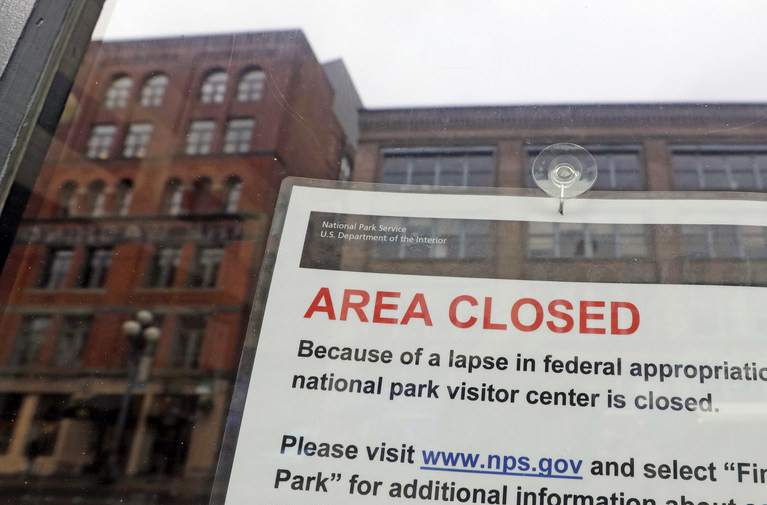Chaos in the Courts: Federal Shutdown Grinds Legal Machinery to a Halt
As the U.S. federal government shutdown stretches into its third week on October 15, 2025, regulatory attorneys are facing unprecedented disruptions. Triggered by congressional gridlock over fiscal year 2026 spending bills, the impasse began on October 1, furloughing hundreds of thousands of federal workers and stalling agency operations. For lawyers navigating the complex web of regulatory compliance, enforcement, and litigation, this isn’t just bureaucratic drama—it’s a professional nightmare of delayed deadlines, uncertain proceedings, and mounting client pressures. With essential functions limping along on contingency funds, the ripple effects are hitting law firms, in-house counsel, and government defenders alike.
Litigation Limbo: Courts Extend Deadlines Amid Furloughs
Federal courts, drawing on non-appropriated fees, were slated to stay open through October 17, but the shutdown’s prolongation has forced ad hoc adaptations. In high-volume hubs like the U.S. District Court for the District of Columbia, Chief Judge James Boasberg automatically extended all civil case deadlines involving government attorneys, citing the sheer number of affected proceedings. Similarly, the Southern District of New York issued stays for cases tied to the U.S. Attorney’s Office at the request of prosecutors grappling with staffing shortages.
Regulatory attorneys report a patchwork of judicial responses: Some judges grant extensions on a case-by-case basis, while others demand parties proceed, risking non-compliance for understaffed federal counsel. “It’s a logistical quagmire,” notes one D.C.-based litigator specializing in environmental enforcement. “We’re advising clients to brace for months-long delays in permit challenges and compliance audits.” If funds run dry post-October 17, broader furloughs could shutter non-essential court staff, exacerbating backlogs in regulatory disputes.
Agency Paralysis: FDA, SEC, and IRS Hit Hardest
Beyond the bench, regulatory agencies are operating on skeletons crews, amplifying headaches for attorneys reliant on timely guidance and approvals. The FDA, under the Department of Health and Human Services, continues user-fee-funded reviews for drugs and devices but warns of slippage in goal dates due to reduced staffing—critical for biotech firms awaiting marketing nods. New submissions requiring fees are outright rejected, leaving pharma lawyers in limbo.
The SEC’s Division of Corporation Finance has suspended routine reviews of registration statements, stalling IPO closings and capital raises—a boon for dealmakers turned stressor. “We’re seeing frantic calls from clients whose offerings are hung up in review purgatory,” says a New York securities attorney. IRS operations, including taxpayer assistance and audit responses, are curtailed, with potential knock-ons for the 2026 tax season—tax litigators are already fielding queries on deferred filings.
Enforcement takes a hit too: Civil actions at the DOJ and EPA are deprioritized, with attorneys furloughed or reassigned to bare-bones teams. National security probes persist, but routine investigations—like antitrust or environmental probes—face indefinite pauses. One essay in The Regulatory Review proposes a workaround: Allowing funded agencies to borrow DOJ attorneys for defenses, underscoring the desperation for solutions.
Broader Fallout: Layoffs, Back Pay Fears, and Economic Ripples
The pain extends to personnel. OMB reports “substantial” layoffs via reductions in force (RIFs) have begun, with over 4,200 notices issued across agencies, including DOJ civil divisions. President Trump has floated withholding back pay—a legal gray area that could spark FLSA lawsuits—drawing fire from unions and attorneys. For regulatory pros, this means not just delayed work but disrupted careers, with former U.S. Attorneys warning of long-term hits to enforcement capacity.
Economically, the shutdown echoes the 2018-19 stalemate’s $11 billion toll, with businesses delaying investments amid regulatory fog. Attorneys advise documenting impacts for potential claims or negotiations.
Looking Ahead: Light at the End of the Tunnel?
Quiet Capitol talks hint at a possible resolution, but with tempers flaring and no firm timeline, attorneys must adapt: Prioritize essential filings, consolidate agency queries, and leverage private resources for interim compliance. Firms like Latham & Watkins urge clients to review contingency plans and seek tailored counsel. As one veteran regulator quips, “In D.C., uncertainty is the only certainty—but this shutdown tests even our resilience.” For now, the legal world holds its breath, pencils poised over calendars marked by question marks.
